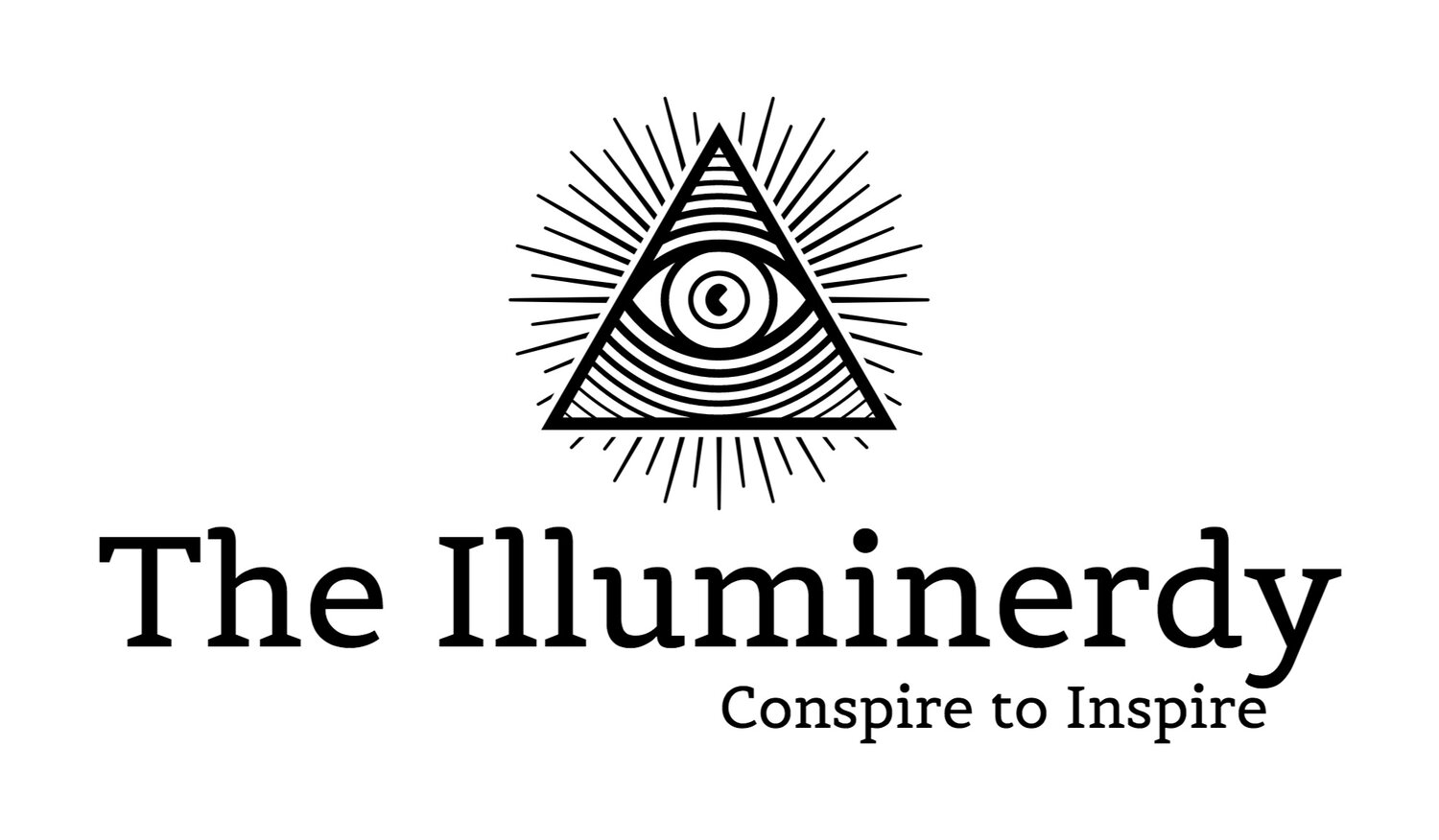Last of the Grail Kings
And so we return to the sad, strange tale of the life and death of the Fairy Tale King, Ludwig II of Bavaria. We began our investigation short weeks ago, making numerous allegations regarding the occult circumstances of Ludwig's birth and childhood, variously tying him to powerful Fae, crypto-gnostic sorcerer-knights, freemasons, alchemists (but I repeat myself), and of course several strains of European royalty, which comes with its own full-to-brimming bucket of occult possibilities.
The End of an Era
By the time of his father's death in 1864, Ludwig had developed a potentially dangerous disconnect from the worldly affairs of his kingdom at the same time he inherited a dangerous rivalry with expansionist Prussia, which sought to unify the still-splintered German-speaking fiefdoms of Europe into a single German Empire. If Ludwig's Bavaria represented the idyllic Europe -- or perhaps a Camelot reborn -- of an earlier era, Prussia was mechanistic modernity ready to force Europe into a new age.
Ludwig was a staunch opponent of the Prussians in the early years of his reign, standing with the Austrian Habsburgs against Prussia during the Seven Weeks War in 1866, only to join them in defeat, ultimately accepting a mutual defense treaty with Prussia as the price of loss. By 1870, Ludwig had been persuaded by Bismarck to support the creation of a unified German state, but would not willingly yield Bavaria's status as an independent kingdom.
Though Ludwig's brother and uncle ultimately bent the knee to Kaiser Wilhelm I, Ludwig withdrew further, dedicating himself to building a series of elaborate castles and palaces as Prussia came to dominate affairs of state. The most significant of these constructions was Neuschwanstein, begun on the site of yet another abandoned medieval fortress a few miles from Ludwig's boyhood home in 1869.
The Swan King vs. The Kaiser
In a game centered on Ludwig's life, it's tempting (and potentially quite satisfying) to cast the militaristic Prussians as the heavies -- ruthless conquerors who were, even in real life, striving mightily to put an end to some of Old Europe's peculiarities. Ludwig himself may not have been simply withdrawing from public life in frustration. Indeed, our mysterious changeling king may have had a more specific purpose in the creation of his idealized medieval fortresses. Perhaps our Ludwig was trying to bring something...magical back into the world. Maybe Ludwig was the last of the Grail Kings.
Ludwig began the construction of Neuschwanstein as an homage to the local legend of the Swan Knight Lohengrin, the son of Parzifal (Percival), who had himself succeeded in the Grail Quest to become the Fisher King. We've explored at length some of the fun you can have by bringing the Arthurian legend into the 19th century, but Ludwig's mystical heritage may hint that he was trying to do it literally, with the castle's construction an attempt to summon the Grail -- and the Grail Kingdom -- back into the real world by a combination of sheer force of will. Neuschwanstein, for all its grandeur, is notoriously unfinished, with dozens of rooms still bare stone and its magnificent Throne Hall famously lacking a throne. An absurd idea, yet one that may have resulted in Ludwig's sudden and still unexplained death.
A Man Without a Throne
By 1885, it was apparent that Ludwig would soon lack for another throne. His refusal to spare any expense in the construction of his fantasy kingdom had left Bavaria in massive debt, and his increasingly eccentric behavior had forced his cabinet to consider removing him from already-limited power. A cabal of psychologists (certainly agents of Ludwig's dismissed cabinet, and in your game perhaps pawns of the Prussians) ruled Ludwig insane, though they had not actually interviewed or examined him. Nevertheless, by June 1886, agents of the State had taken Ludwig into custody, holding him at a former family palace at Lake Starnberg, far from his incomplete Grail Castle.
Only days after Ludwig was captured and placed in custody, he and his keeper -- the psychologist Dr. Bernhard von Gudden -- were found dead, floating in the shallow water of the ake. The king's watch was stopped, showing the time as 6:54 ("time" in the Enochian gematria). A Fisher King indeed.
It should surprise no one that numerous allegations surrounded Ludwig's sudden death, even as his uncle (yes, the same uncle that helped engineer Bavaria's entrance into the Prussian-led German empire) assumed Regency over the Bavarian throne. Some say he was murdered -- shot, or drowned, or both. Others claim he had a stroke or seizure -- as if he was struck by God himself. Still others say his death was an accident, the result of a struggle between secret lovers...interesting, but perhaps not overly likely given von Gudden's prominent role in the theft of Ludwig's crown and freedom.
In Your Game
In your game, perhaps Ludwig's removal and murder were all part of a plot to prevent him from finishing his occult masterwork: Neuschwanstein as a summoning-in-stone of the Grail itself. Perhaps the Illuminated secret masters behind Prussia's ascendance feared that Ludwig could legitimately assume the mantle of the Fisher King and bring mystic Carbonek into concordance with our reality if he was given a chance to finish its construction, and forced his removal to prevent it from occurring.
In most games it seems natural to cast them as the heavies, but it may have been for the best. For all the noble whimsy of the Grail legend, a domain of giants and dragons in the middle of Europe may not be a thing that anyone really wants to have to deal with. Though it's hard to portray Ludwig himself as evil, he was capricious. If he was the changeling child of Faery, the mantle of the Grail may have made him a dangerous force to be reckoned with.
Or maybe you can turn the whole concept on its head -- perhaps Ludwig's plan was not to bring magic to his insular world, but rather to remove his fiefdom from reality itself: might a completed fortress have pulled his domain into a shadow realm outside the veil of time? Think a Grail-themed Ravenloft and you've probably got the right idea.
It's clear that Ludwig's death denied the world a Camelot. The question will forever remain whether it was a Camelot we would have wanted.





